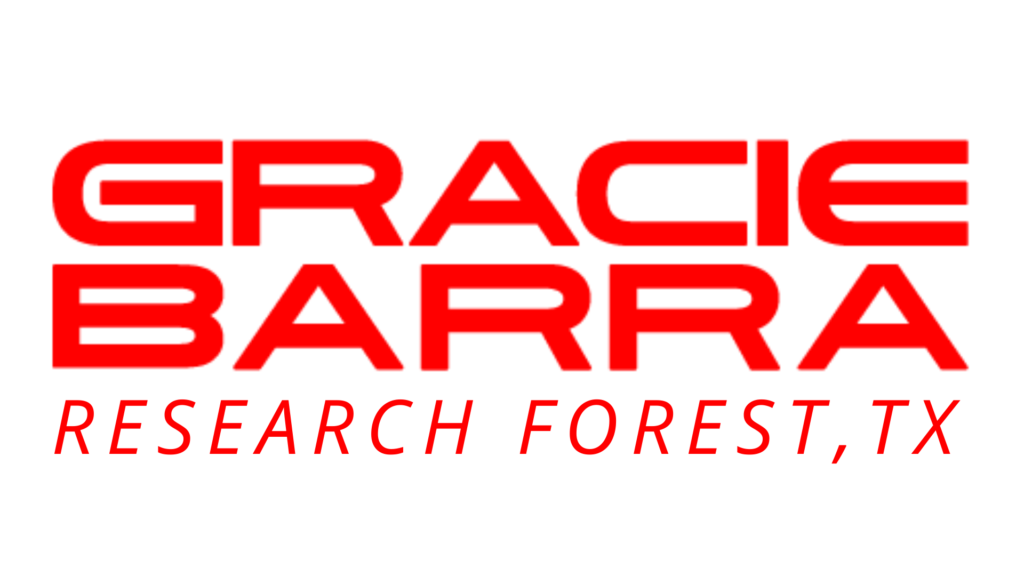Jiu-jitsu is much more than a martial art, it is a journey of physical and mental development. When it comes to children, this ancient practice offers an incredible range of benefits for healthy growth. Let’s explore how jiu-jitsu can be a useful tool for children’s physical development.

1. Motor Coordination
Varied movements in jiu-jitsu, such as rolling and strategically positioning yourself, are fundamental to the development of motor progression in children. The constant practice of these movements contributes to improving agility, dexterity and motor control, crucial aspects for physical development during childhood.
2. Muscle Strengthening
Brazilian jiu-jitsu training involves the use of different muscle groups, promoting balanced muscular development in children. From the legs, used for basic maneuvers, to the upper limbs, essential for grabbing and controlling the opponent, each part of the body is worked, resulting in overall physical strength and muscular endurance.

3. Posture and Balance
The fundamental positions in jiu-jitsu require correct posture and precise balance. When children practice these positions, they develop not only the necessary physical strength, but also body awareness, contributing to an upright posture and stable balance in everyday life.
4. Increased Flexibility
The fluid movements and varied positions of Brazilian jiu-jitsu are effective in improving children’s flexibility. This flexibility not only improves the execution of martial art techniques, but also reduces the risk of injury in daily activities by providing a healthy range of motion.
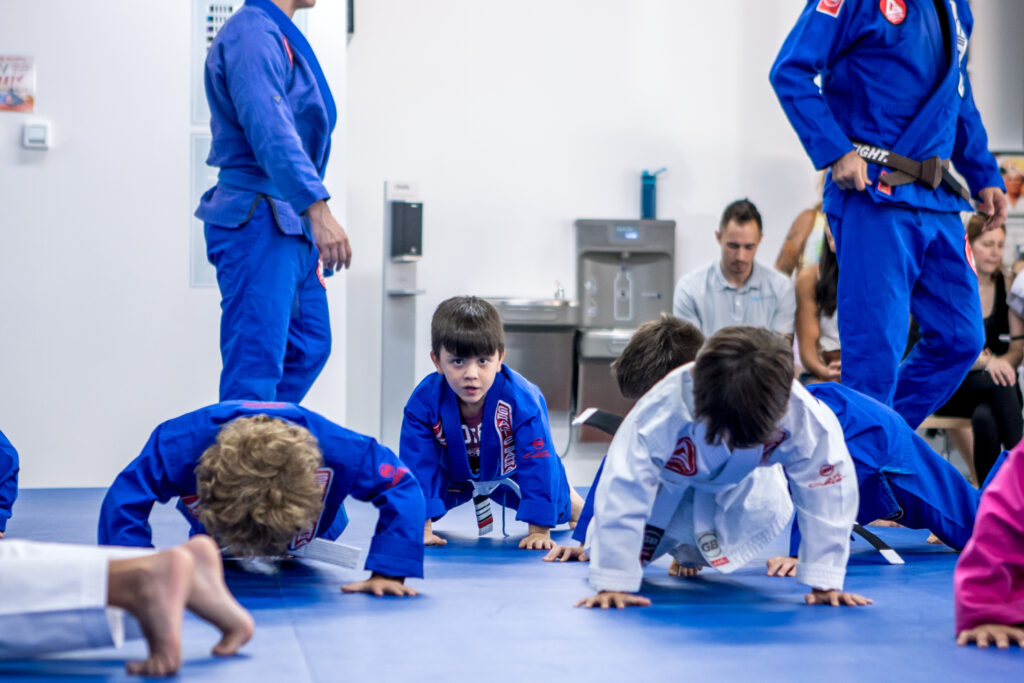
5. Focus and Discipline
Training in Brazilian jiu-jitsu requires concentration and discipline. Children learn to focus on the instructor’s instructions, understand techniques, and apply them effectively. This discipline cultivated during classes extends to other areas of life, benefiting academic performance and general behavior.
6. Socialization
Jiu-jitsu classes provide a sound social environment for children. By interacting with peers, they learn to work as a team, respect differences and develop valuable social skills. This socialization contributes not only to building friendships within the academy, but also to social adaptation in other situations.
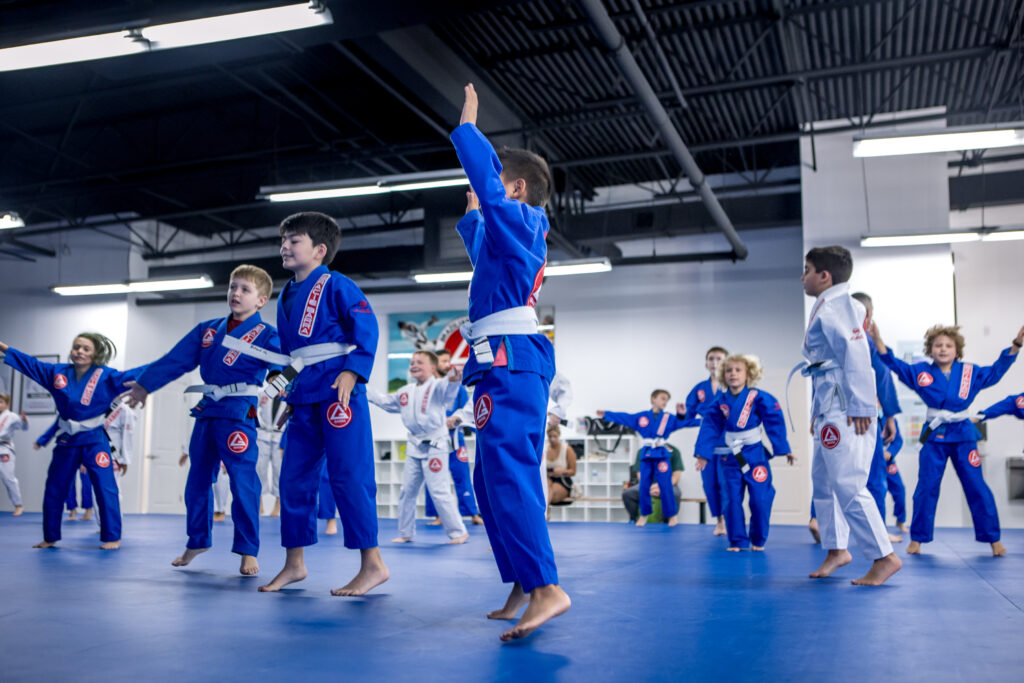
7. Cognitive Benefits
Jiu-jitsu offers benefits beyond physical development, positively influencing the cognitive aspect. The process of learning new techniques, reacting to dynamic situations and making quick decisions during fights stimulates children’s brains, contributing to cognitive development and problem-solving skills.
8. Health Education
Practicing jiu-jitsu regularly not only strengthens the body but also promotes healthy habits. Children learn about the importance of physical exercise, balanced nutrition and self-care, forming a solid foundation for an active and healthy lifestyle from an early age.
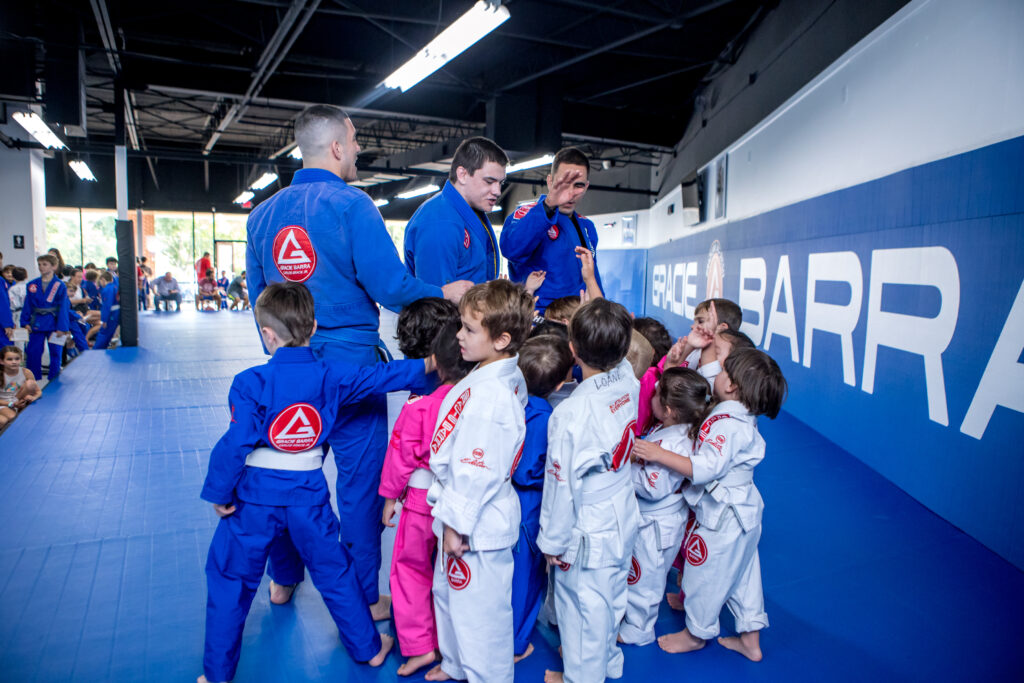
9. Emotional Development
The jiu-jitsu training environment provides opportunities for children to deal with emotions. Overcoming challenges during classes, dealing with defeat and celebrating achievements is recommended for healthy emotional development, providing tools to deal with different situations throughout life.
10. Security and Self-Defense
Jiu-jitsu classes are an effective way to teach children self-defense skills. By learning specific techniques to protect themselves, they gain confidence and a sense of security in various everyday situations, promoting self-defense awareness from childhood.
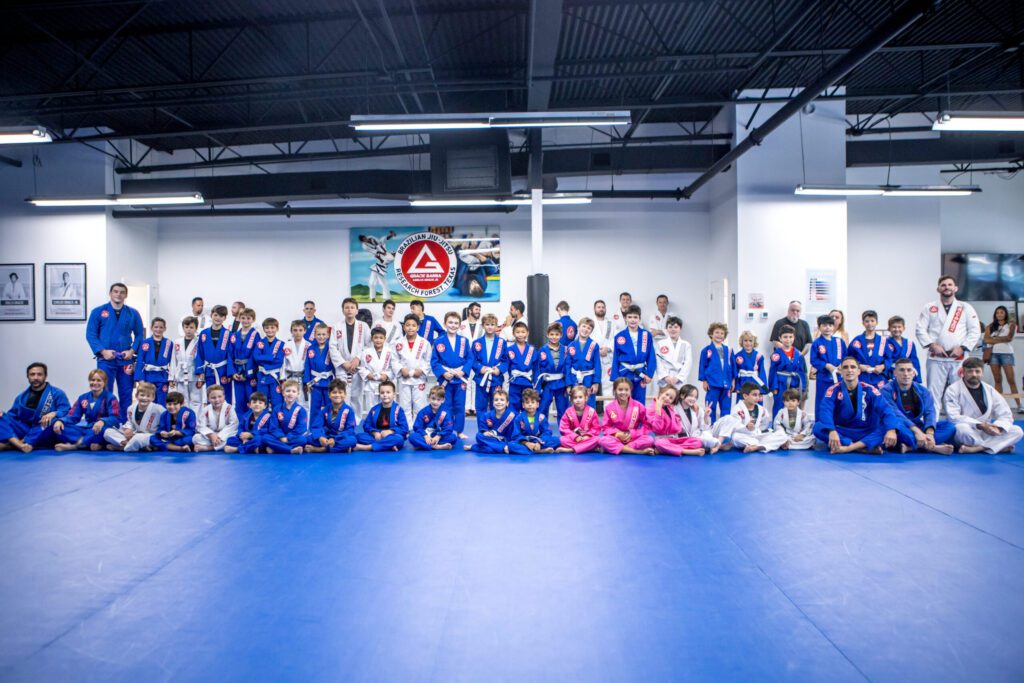
11. Fun in Learning
The playful approach to jiu-jitsu makes learning a fun experience for children. Through games and activities, they absorb fundamental concepts of the martial art in a relaxed way, encouraging continued participation and a lasting love for jiu-jitsu.
12. Life Values
In addition to physical skills, jiu-jitsu teaches essential values. Respect for colleagues, humility in the face of challenges, perseverance in the face of adversity – these are values that transcend the mat, shaping children’s characters and preparing them for a fulfilling life.
In short:
The physical development in Brazilian Jiu-Jitsu is a crucial component for success and progress within the martial art. Over time, practitioners notice significant improvements in various physical areas, such as strength, endurance, flexibility, and motor coordination. The dynamic and demanding nature of Jiu-Jitsu, which combines ground techniques, strategy, and body control, contributes to holistic physical enhancement.
